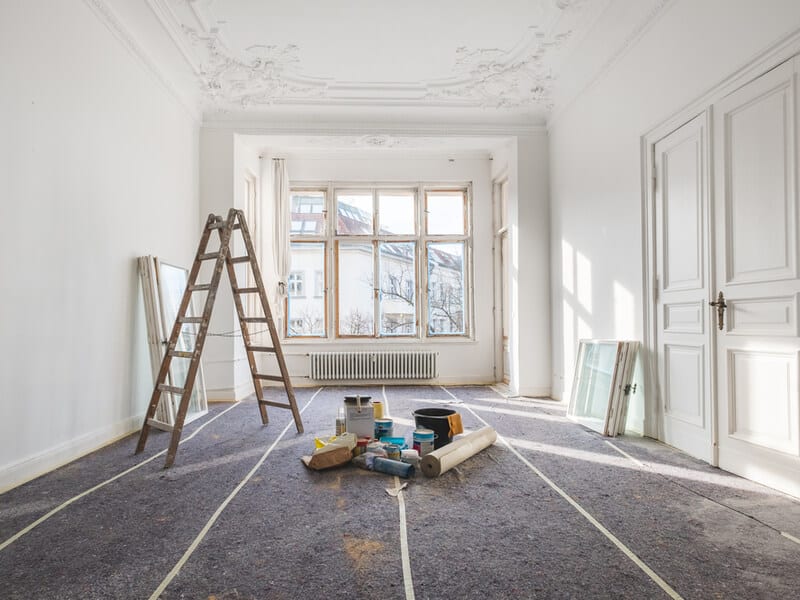
If you’ve got a spare weekend and want to do something to improve your home, take a few seconds to read the advice that follows. While not everyone can do it themselves, even those who are hiring a professional, will benefit from understanding a few of basics of home improvement.
Put in a garden. It can be a lavish outside nursery, or a simple box window in the kitchen to grow your herbs. The addition of live plants and the appeal they bring to your home is unmatched. If you don’t have much of a green thumb, plant strong plants that need little attention, and add a timed drip or sprinkler system for easy watering.
To avoid costly mistakes when painting a room, make a small investment in the paint samples that many retailers offer. You can get 8 ounce sample sizes in any available color. For a small cost, you can apply paint to a big enough area to really get a feel for how the paint will look, much more accurately than with paint chips alone.
When it comes to home improvement, be sure to consider the best option for exterior lighting. This is important mainly for energy consumption, as motion detectors will ensure that light is provided in the specific areas only when absolutely needed. Otherwise, leaving a light on overnight will add up over the course of a year.
Paint your floor in sections corresponding with the direction of the planking. When you paint the floor of a large room it is easy to paint yourself into a corner or to unintentionally block access to the rest of the house until the paint dries. If you paint in sections you can leave paths that run along specific boards. When you paint the adjoining section everything will match perfectly.
If your radiator has gone cold, you may need to bleed it. Simply switch off the boiler and locate the bleed key. Turn the key counterclockwise and air will begin to escape and make a hissing sound. When the sound stops and a little water leaks, turn the bleed key clockwise to close it.
Choosing to add insulation to your attic can be a smart move, especially in winter, as it saves on heating costs. Because heat rises, houses with bad insulation can lose a lot of heat during the colder months. The insulation can be purchased at any hardware store and is relatively easy to install.
After your home improvement work is finished, do not submit your final payment until you are happy with the work that was performed. You can also make “progress payments,” which involves giving the contractor small sums of money in certain increments over the course of the project. Do not pay for work that you are not satisfied with.
Now that you have a basic understanding of home improvement, in general and the types of projects you should be looking into, you can see how it has the potential to benefit the quality of your home, as well as, your bottom line. You’re ready to get out there and tackle the weekend.